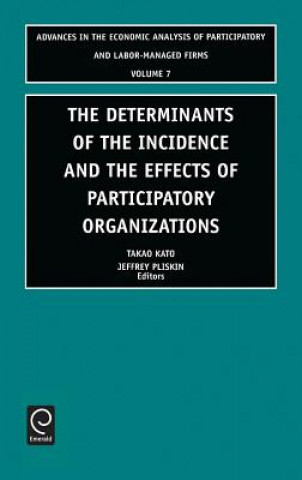
Kód: 04687701
Determinants of the Incidence and the Effects of Participatory Organizations
Autor J. Pliskin, Takao Kato, Jeffrey Pliskin
This volume of "Advances in the Economic Analysis of Participatory and Labor-Managed Firms" consists of ten original papers. The first five papers address the effects of institutions of governance (at the workplace and corporate l ... celý popis
- Jazyk:
 Angličtina
Angličtina - Vazba: Pevná
- Počet stran: 284
Nakladatelství: Emerald Publishing Limited, 2003
- Více informací o knize

5266 Kč

Skladem u dodavatele v malém množství
Odesíláme za 10-14 dnů
Potřebujete více kusů?Máte-li zájem o více kusů, prověřte, prosím, nejprve dostupnost titulu na naši zákaznické podpoře.
Přidat mezi přání
Mohlo by se vám také líbit
-

Translating Freud
2373 Kč -

Freedom and Dignity
1665 Kč -

Encyclopedia of Cloud Computing
4675 Kč -

Sassy Cinderella and the Valiant Vigilante
312 Kč -

Montale and the Occasions of Poetry
1641 Kč -

IBM WebSphere Application Server 8.0 Administration Guide
1831 Kč -

Oxford IB Diploma Programme: Chemistry Course Companion
1442 Kč
Darujte tuto knihu ještě dnes
- Objednejte knihu a zvolte Zaslat jako dárek.
- Obratem obdržíte darovací poukaz na knihu, který můžete ihned předat obdarovanému.
- Knihu zašleme na adresu obdarovaného, o nic se nestaráte.
Více informací o knize Determinants of the Incidence and the Effects of Participatory Organizations
Nákupem získáte 527 bodů
 Anotace knihy
Anotace knihy
This volume of "Advances in the Economic Analysis of Participatory and Labor-Managed Firms" consists of ten original papers. The first five papers address the effects of institutions of governance (at the workplace and corporate levels), including new forms of workplace governance (e.g., self-directed teams), a traditional form (or trade unions) and financial participation schemes. The subsequent three papers turn to the issues of the determinants of the incidence of such institutions, followed by two theoretical contributions. The paper by Tor Eriksson introduces a new survey of participatory employment practices in Danish firms, and connects these practices to productivity gains for the firm and wage gain for workers.Jose Alberto Bayo-Moriones, Pedro Javier Galilea-Salvatierra, and Javier Merino-Diaz de Cerio introduce a new telephone survey of participatory employment practices in 965 manufacturing establishments in Spain, and investigate whether these practices lead to gains for the firm and workers. While the above two papers focus on new institutions of workplace governance, the next paper studies a traditional institution of workplace governance, i.e., trade unions. Chris Doucouliagos and Patrice Laroche conduct a meta-analysis of the effect of unions on productivity growth. All three papers so far concentrate on non-financial aspects of governance. The next two papers tackle such financial aspects. The contribution by Agustin Ros is an empirical study of the effects of employee ownership on effort/shirking and horizontal monitoring based on rich survey data collected by the author on an employee owned firm and 6 comparable private firms.The paper by Everaert and Hildebrandt contributes to the literatures on transition economies and participatory firms by examining the determinants of the incidence of soft budget constraints (SBCs), in particular enterprise ownership structure (including different forms of private ownership). The next three papers turn to the issues of the determinants of participation. Andrew Pendleton, Erik Poutsma, Jos Van Ommeren and Chris Brewster use a unique cross-national survey of financial participation schemes in 2,506 establishments in 14 EU countries, and try to study the determinants of the adoption of such schemes. Christopher Adams uses rich data on 1,153 product line workers in 162 British private sector manufacturing establishments to examine the use of group incentives (profit sharing or employee share ownership) and worker participation in decision making (specifically over the range of tasks performed).The paper by Nicholas Wilson, Hao Zhang, and Andrew Robinson is an empirical study that examines hypotheses arising from a transaction cost economics (TCE) framework to explain employee share ownership. The last two papers are theoretical contributions. Jan Erik Askildsen and Norman Ireland carefully develop a model of bargaining by a union and a firm over future benefits (e.g., a defined benefit pension) when workers may not receive these benefits either because the firm goes out of business before the benefit is to be paid or the worker leaves the firm before the benefit is vested. In his paper "Comparative Systems, Destructive Trade and World Distributive Justice," one of the pioneers on the broad field of participatory and labor managed firms, Jaroslav Vanek, extends earlier work by presenting an analysis of the impact of international trade in today's globalized economy.
 Parametry knihy
Parametry knihy
Zařazení knihy Knihy v angličtině Economics, finance, business & management Economics Labour economics
5266 Kč
- Plný název: Determinants of the Incidence and the Effects of Participatory Organizations
- Podnázev: Theory and International Comparisons
- Autor: J. Pliskin, Takao Kato, Jeffrey Pliskin
- Jazyk:
 Angličtina
Angličtina - Vazba: Pevná
- Počet stran: 284
- EAN: 9780762310005
- ISBN: 0762310006
- ID: 04687701
- Nakladatelství: Emerald Publishing Limited
- Hmotnost: 576 g
- Rozměry: 234 × 156 × 17 mm
- Datum vydání: 01. February 2003
Oblíbené z jiného soudku
-

Shutdown in Youngstown
3243 Kč -
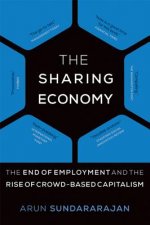
Sharing Economy
517 Kč -
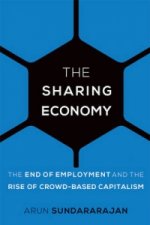
Sharing Economy
683 Kč -

Reflective Practitioner
1035 Kč -

Out of Poverty
1013 Kč -

Search Theory and Unemployment
3289 Kč -

Love, Money, and Parenting
951 Kč -
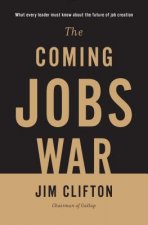
Coming Jobs War
627 Kč -
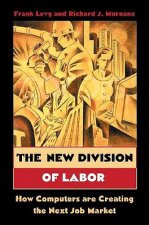
New Division of Labor
989 Kč -

Workers of the World
2430 Kč -

Wealth of Humans
436 Kč -

Hired
276 Kč -
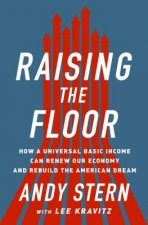
Raising the Floor
671 Kč -

Reflective Practitioner
1238 Kč -
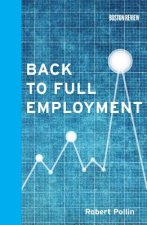
Back to Full Employment
255 Kč -

Industrial Relations in Japan
4949 Kč -
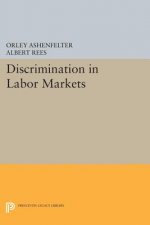
Discrimination in Labor Markets
1023 Kč -

Inequality in America
868 Kč -
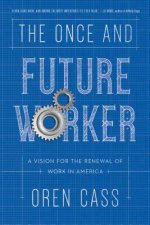
Once and Future Worker
615 Kč -

Debating Universal Basic Income
1370 Kč -

Shop Class as Soulcraft
671 Kč -
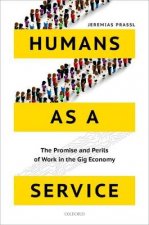
Humans as a Service
698 Kč -

e-Government and Employment Services
1665 Kč -
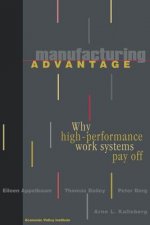
Manufacturing Advantage
1256 Kč -
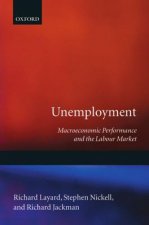
Unemployment
2040 Kč -
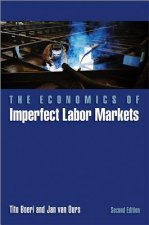
Economics of Imperfect Labor Markets
1882 Kč -
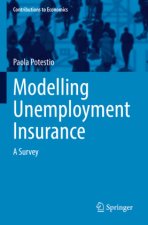
Modelling Unemployment Insurance
3584 Kč -

Unemployment
7258 Kč -

Social Production of Art 2/E Pb
966 Kč -

Mass Flourishing
799 Kč -
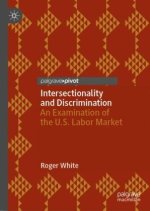
Intersectionality and Discrimination
1576 Kč -
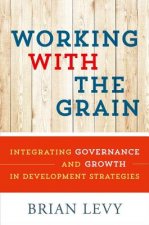
Working with the Grain
5442 Kč -
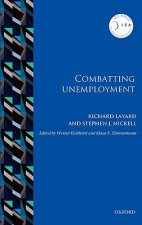
Combatting Unemployment
3267 Kč -

Social Change and the Experience of Unemployment
2193 Kč -
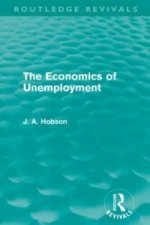
Economics of Unemployment (Routledge Revivals)
1429 Kč -

Jobs, Earnings, and Employment Growth Policies in the United States
1665 Kč -

Impact of Networks on Unemployment
1665 Kč -

Global Gag Rule and Women's Reproductive Health
1702 Kč -
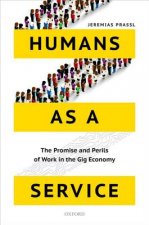
Humans as a Service
1201 Kč -

Nonlinear Models, Labour Markets and Exchange - Introductory Surveys in Economics, Volume II
2984 Kč -

Behind the Urals
621 Kč -

Unequal Pay for Women and Men
315 Kč -
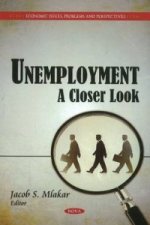
Unemployment
3542 Kč -
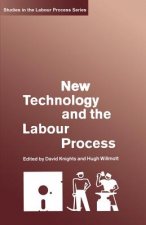
New Technology and the Labour Process
3289 Kč -

Product Market Structure and Labor Market Discrimination
3243 Kč -
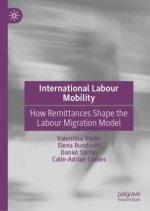
International Labour Mobility
3879 Kč -
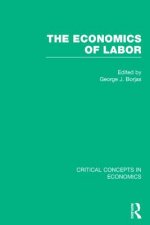
Economics of Labor
43855 Kč -
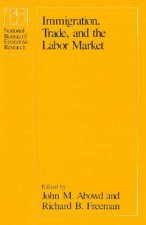
Immigration, Trade and the Labour Market
3534 Kč -

Standard Occupational Classification (SOC) 2010 Vol 1
2538 Kč
Osobní odběr Praha, Brno a 12903 dalších
Copyright ©2008-24 nejlevnejsi-knihy.cz Všechna práva vyhrazenaSoukromíCookies


 Vrácení do měsíce
Vrácení do měsíce 571 999 099 (8-15.30h)
571 999 099 (8-15.30h)